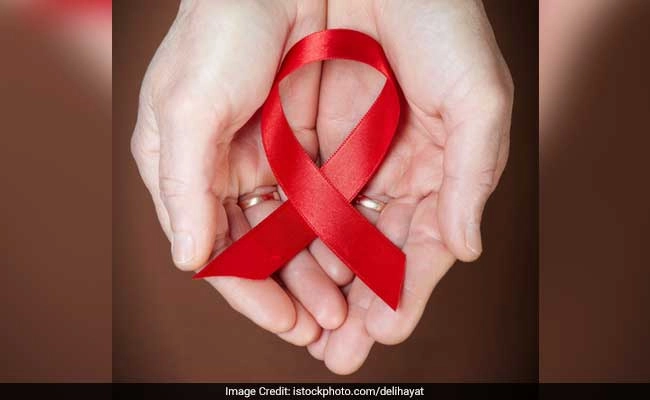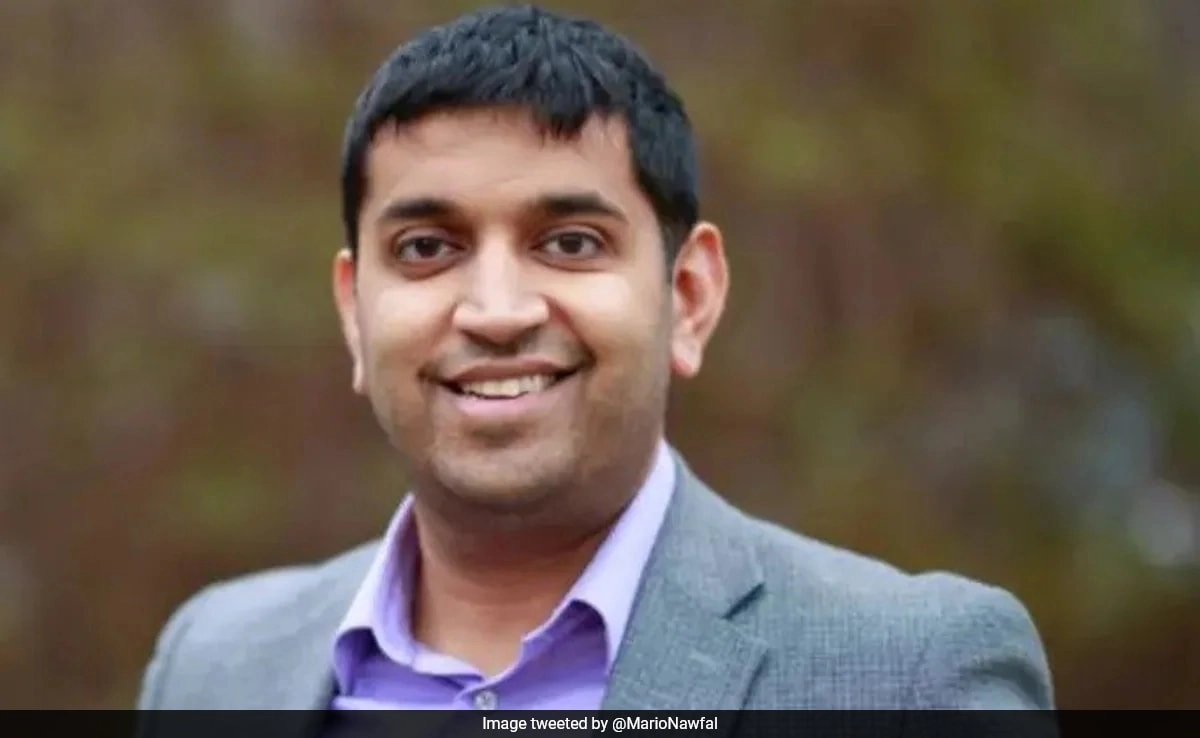In a significant legal development, a plea has been filed in the Supreme Court challenging a recent order issued by the Bengaluru Civil Court, which has been described as a “gag” order in the context of the Dharmasthala case. This decision has raised substantial concerns regarding freedom of speech and the right to information, as it allegedly restricts the dissemination of crucial information surrounding a case that has garnered considerable public interest. The implications of such a gag order are profound, as it not only affects the parties involved but also the broader public’s access to information about ongoing judicial proceedings.
The Dharmasthala case involves complex legal and social issues that resonate with many, raising questions about transparency and accountability in the judicial process. Critics of the Bengaluru Civil Court’s order argue that such restrictions can undermine the principles of open justice, which are fundamental to a democratic society. By curbing the ability of the media and the public to discuss or report on the case, the court risks creating an environment of secrecy that could hinder the pursuit of truth and justice. The Supreme Court’s intervention is sought to ensure that these vital principles are upheld and that individuals retain their right to express opinions and share information about matters of public concern.
Furthermore, the plea emphasizes the need for a balanced approach to judicial orders, particularly those that may inadvertently stifle free expression. The legal representatives challenging the gag order contend that the court’s decision could set a concerning precedent, potentially leading to more such restrictions in future cases. It is crucial for the judiciary to navigate the fine line between protecting the integrity of legal proceedings and ensuring that the public remains informed about issues that impact their lives. As the Supreme Court prepares to hear the plea, the outcome will be closely watched, as it may have far-reaching implications for how similar cases are handled in the future and how the rights of individuals to speak freely are safeguarded within the legal framework.




